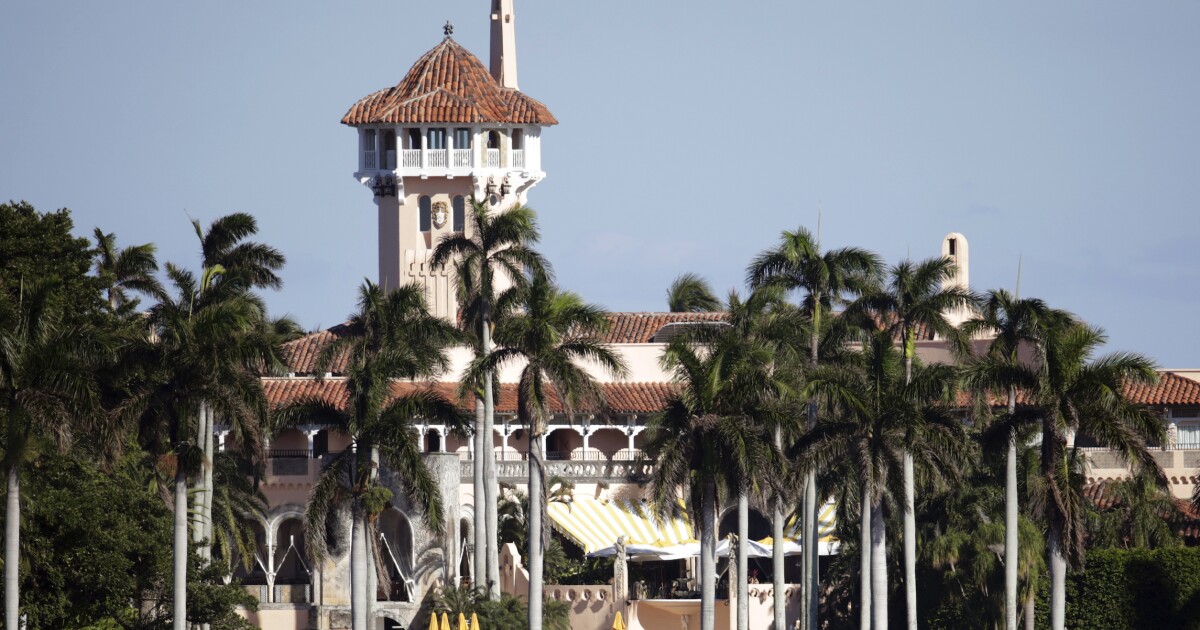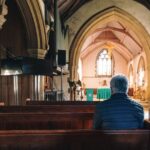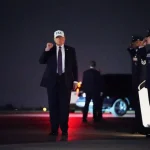

Details released this week from the Justice Department‘s investigation of documents former President Donald Trump‘s Mar-a-Lago estate have prompted speculation by experts as to whether his lawyers could also be subject to legal consequences.
Legal and intelligence experts claim the evidence laid out in the DOJ’s Tuesday night court filings could make a case that Trump attorneys Christina Bobb and Evan Corcoran, who are representing him over the Aug. 8 raid at his Florida resort, obstructed the federal investigation by allegedly telling FBI agents and prosecutors that they turned over classified records despite many remaining in Trump’s possession.
“Make. Attorneys. Get. Attorneys,” a play on Trump’s “Make America Great Again” slogan, is how national security lawyer Bradley Moss put it in a tweet, echoing the sentiment of legal scholars who say there is precedent of a perceived risk for attorneys associated with Trump’s legal disputes.
‘SPIN IS REAL’: TRUMP ATTORNEY RESPONDS TO UPROAR OVER CLASSIFIED DOCUMENTS
Moss referenced one of the former president’s attorneys, Alina Habba, who is representing him in an unrelated investigation by New York Attorney General Letitia James into his private business dealings, claiming Habba and other legal representatives are “putting their foots in their own mouths, usually on cable television,” he told the Washington Examiner Thursday.
“Habba, for example, keeps making herself a material fact witness, admitting on television to having ‘firsthand knowledge’ of how things were organized in the very same office in which FBI officials found properly marked classified records,” Moss said.
While Habba is not involved in representing Trump over the DOJ’s criminal investigation, she claimed to have an extensive knowledge of Trump’s Florida home in a Fox News interview Wednesday and once said she conducted a “diligent” search that included “all desks, drawers, nightstands, dressers, closets, etc” of the residence in early May, according to records filed in a New York state court.
Habba criticized those who tied her comments to an affidavit for “a completely unrelated case” in a subsequent interview with the network on Thursday, saying that she had never seen classified documents in her search of Trump’s home and that the “spin is real” regarding the media’s coverage of her comments.
But Moss believes the “notion she engaged in that ‘diligent’ search and managed to miss the obviously marked classified records defies credulity. The FBI certainly will want to ask her about it.”
Some experts have said the question as to whether Trump’s attorneys could be held liable for obstruction of justice stems from a visitation by FBI agents to the home in June, when Trump’s lawyers did not let them search boxes in a storage room where the documents were kept.
Trump’s custodian of records, who was not identified by name in the DOJ’s filing but previous reports suggest it is Bobb, signed a sworn statement on June 3 pledging to officials that a “diligent search” for classified records had been conducted at Trump’s estate. Corcoran allegedly told federal agents at the time that all classified documents were returned, a statement that falls flat in light of the more than 100 additional classified papers seized during the August raid.
National security lawyer Kel McClanahan suggested it is difficult to know what is accurate about Bobb and Corcoran’s discourse with investigators because “we haven’t seen the declaration,” he told the Washington Examiner.
“And the more lawyerly and weaselly the words are, the more wiggle room there is because you have to prove that it was a knowingly false statement in order to prosecute someone,” McClanahan added.
The DOJ would most likely need to subpoena the lawyers for communications and testimony in order to gauge Bobb’s confidence in signing the certification, assuming she is the unnamed custodian of records, along with Corcoran’s alleged statements to investigations.
McClanahan was quick to note that such actions could interfere with attorney-client privilege, because any information the DOJ would be attempting to gain for a potential obstruction case targeting the former president would be considered protected communications between Trump and his attorneys.
“But then there’s this thing called the crime fraud exception,” McClanahan added, specifying that if invoked, would bar lawyers from claiming attorney-client privilege if they themselves have committed crimes or aided a criminal endeavor. However, lawyers could invoke their Fifth Amendment right against self-incrimination if they knowingly misled the government on Trump’s behalf.
It’s no secret that several of Trump’s attorneys have placed themselves in legal jeopardy through past or present representation of him. More recently, Trump’s onetime personal attorney Rudy Giuliani was forced to appear before a grand jury in Georgia over an investigation examining whether the former president interfered in the 2020 election. And one of the more notable falls in Trump’s world happened to attorney Michael Cohen, who was given a sentence of three years in federal prison and ordered to pay $50,000 in 2018 once the attorney pleaded guilty to campaign finance violations and tax evasion.
CLICK HERE TO READ MORE FROM THE WASHINGTON EXAMINER
Trump has repeatedly denied wrongdoing amid the flurry of investigations into him, his allies, and his Trump Organization business. The DOJ has not alleged any of his legal associates of wrongdoing.
The former president claims to have declassified the documents found at the Mar-a-Lago residence, though his counsel contended in a filing Wednesday, which sought a special master to review evidence seized by the FBI, that it would be appropriate for the special master to possess a top secret/sensitive compartmented information clearance.







